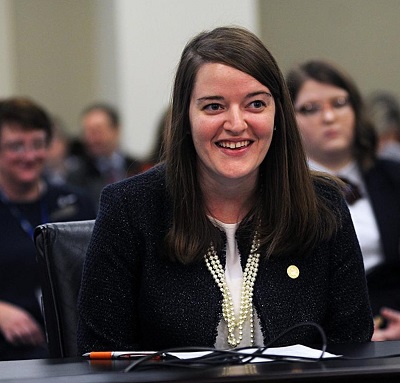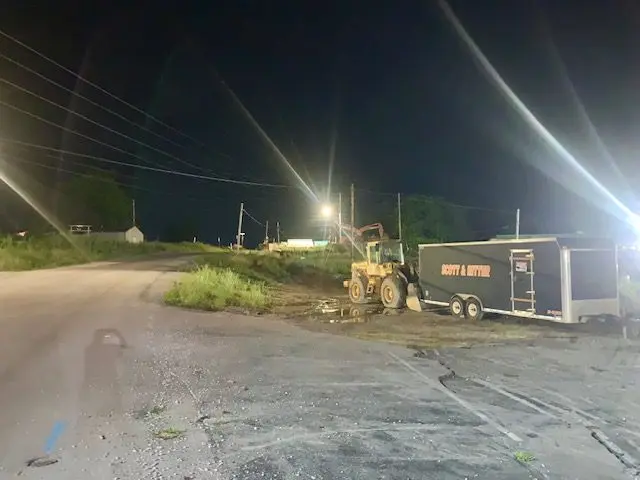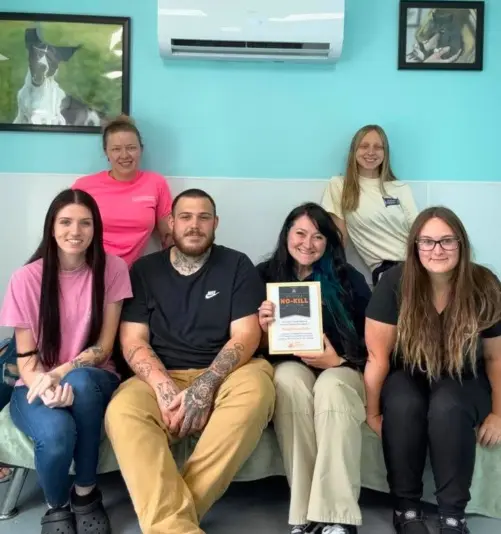
While only one interim joint committee met last week, legislators were still at work with task forces and statutory committees reviewing some of the challenges and opportunities facing our state.
As you know, I like to provide a status update so you can see what we are doing to prepare for the 2022 Regular Session. Please take a few moments and read this week’s review.
School Funding Task Force: The task force met this week to continue researching current public school funding mechanisms as they work to develop a new more equitable and efficient model for the state’s K-12 schools. The cost of transportation led the agenda as members heard presentations from the Kentucky Department of Education (KDE).
From 2020-2021, school transportation costs peaked to $382 million dollars. This past year, bus drivers transported over 362,000 students and drove over 90 million miles. In Jefferson County, the state’s most dense school district, buses travel about 100,000 miles per day.
Presenters also gave an overview of the depreciation rate and its effect on the need for funding. Members also heard presentations from the Kentucky School Board Association (KSBA) and the Kentucky Association of School Superintendents (KASS) which spoke to the number of mandates on the education system, including those that are unfunded.
While some unfunded mandates are obvious, like the requirement that each school must employ a librarian, some are less obvious, like the use of schools as polling places. The School Funding Task Force Committee will continue to meet each month during the interim. Then they will provide recommendations to the General Assembly in December.
Legislative Oversight and Investigations Committee: During the August meeting, members heard the results of a study on postsecondary education administrator compensation. The study examined actual amounts paid to 18 common administrators from 2016 to 2019.
Presenters used a national comparison study to compare compensation and eventually concluded that administrator compensation is affected by many variables, including market competition and retention. Increases in salary were more common at the University of Kentucky and Eastern Kentucky University, whereas decreases in salary were more likely at the University of Louisville.
Presenters admitted that it is difficult to define trends in the data because of other variables, including turnover in positions and changing of job responsibilities.
Child Welfare Oversight Committee: The Department for Community Based Services provided an overview of Kentucky’s implementation of Family First and the prevention services that the state has implemented.
Kentucky was a leader in implementing Family First, implementing these new practices on October 1, 2019. Kentucky currently uses a number of evidence-based practices, focusing on three specific areas: mental health, substance abuse, and in-home parenting skills.
One of the initiatives is the Family Preservation Program (FPP), an intensive crisis intervention resource intended to prevent the unnecessary out-of-home placement of children. Unfortunately, keeping families together is not always possible, which makes foster care and adoption necessary. Committee members heard from the Division of Protection and Permanency at DCBS, which presented an overview of the state’s adoption process, and received a firsthand account of a Kentucky grandparent’s foster care experiences.
IJC on Licensing, Occupations, and Administrative Regulations: Committee members discussed the need for military spouses who hold professional licenses in other states to be able to transition easily into working here in Kentucky. As you can imagine, one of the most difficult things about being married to someone serving our nation is carving out a career of your own.
Unfortunately, spouses of military members have higher than average rates of unemployment because of the extensive red tape they must cut through to gain accreditation in whatever state they moved to. We would like to address that by joining other states in making licenses reciprocal. This would simply require Kentucky’s licensing boards to recognize professional licenses issued by other states, such as cosmetology, medical, or teaching licenses.
Many military families will live in several states during their service. One of my personal goals as your state representative is to make Kentucky a military-friendly state, and I believe enacting this policy would be a step in the right direction to accomplish that goal.
As always, I want to share a look back at the week, but I hope you will reach out to me for more information. I can be reached here at home anytime, or through the toll-free message line in Frankfort at 1-800-372-7181. Feel free to contact me via email at Samara.Heavrin@lrc.ky.gov. Also, feel free to watch the committee meetings on YouTube by searching “KY LRC Committee Meetings” or on Kentucky Educational Television (KET) at ket.org/legislature. KET does not cover all committee meetings, but the YouTube channel will have the meetings that KET does not. Also, visit the legislature’s website at legislature.ky.gov.
State Rep. Samara Heavrin, R-Leitchfield








